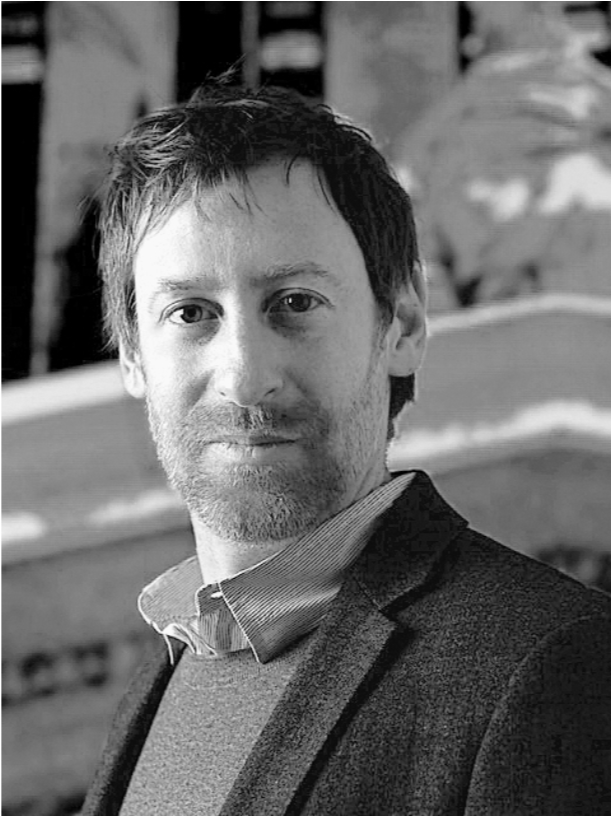Issue 01: Writing Across Careers
It’s easy enough for writing teachers to tell their students that good writing matters, but first-year students may legitimately wonder if writing well will be at all relevant in their lives once they’ve finished toiling on their college papers. To gather insights from those with perspective on writing beyond graduation, we reached out to alumni across several decades of class years and across diverse occupations. We feature here the thoughts of a few of our respondents as they reflected on how the core skill of writing has shaped their work in their professions and has invited rich and abiding meaning into their lives.
Miya Bernson-Leung ‘06
Miya Bernson-Leung ‘06, a pediatric neurologist at Boston Children’s Hospital, sees writing as an essential problem-solving tool: “I find that the process of writing about a patient helps me to structure my thinking about them, to develop the reasoning behind my diagnosis, and to consider alternatives. Through writing, I am presenting an argument to myself, answering the question, How do I know that this is the right diagnosis?”
Pete Groeneveld ‘91
For Pete Groeneveld ‘91, Professor of Medicine at the Perelman School of Medicine at the University of Pennsylvania and author of many scholarly articles on cardiac outcomes and medical economics, writing is the “lifeblood” of his research career. Groeneveld is quick to point out that while he has not given much thought to his organic chemistry course since entering the medical profession, his Expos training continues to be what he uses most in his day-to-day work. Through writing, he convinces funders to invest in his research ideas, explains his research results in clear, digestible ways for publication, and persuades policymakers that his discoveries should prompt action. To be an effective medical scientist, Groeneveld notes that above all, “the writing will be the thing that makes the difference because you have to persuade people that wow, this is important, we’ve got to publish this!”
Jeremy Doner ‘94
Paired with one’s passions, writing is an enduring asset to every graduate following any career trajectory. Screenwriter Jeremy Doner ‘94, who has worked on television shows including Damages and The Killing and is currently working on a Warner Bros biopic on Napoleon, offered this succinct summary: "Learning how to present your ideas in a really well-communicated and persuasive form, I feel like there's almost nothing more important for any profession, not just if you're going to be a writer. It's so great that Harvard dedicates freshman year to working on those skills. So it's a great opportunity. It may feel like a chore—anything that is required automatically feels like a chore—but it's a gift."
The message from the alumni we spoke with, regardless of what individual passions led to their careers or what they now do for a living, is consistent: writing is much more than the single required course all Harvard College first-years have taken since 1872. For Bernson-Leung, Glueck, Groeneveld, and their fellow alums, writing emerged as a universally necessary, adaptable skill in toolkits across professions. With it, they develop and prioritize their thoughts, compel others to take their viewpoint, and draw people together around a common purpose.


